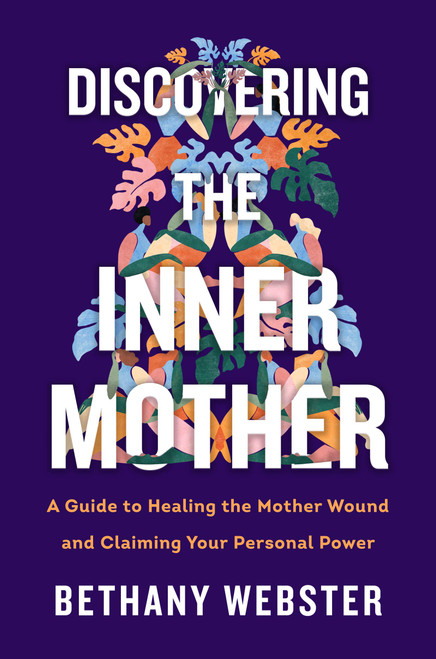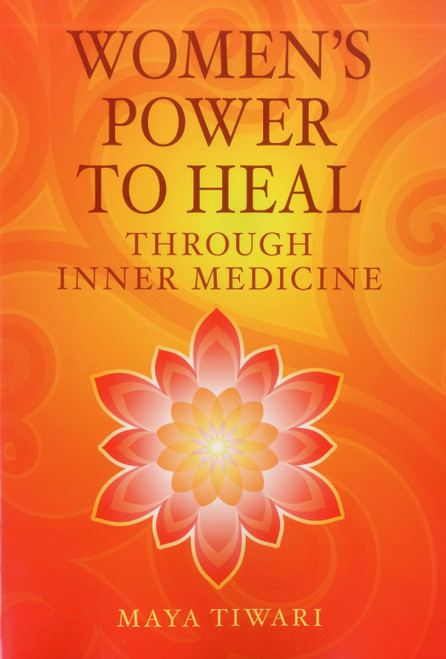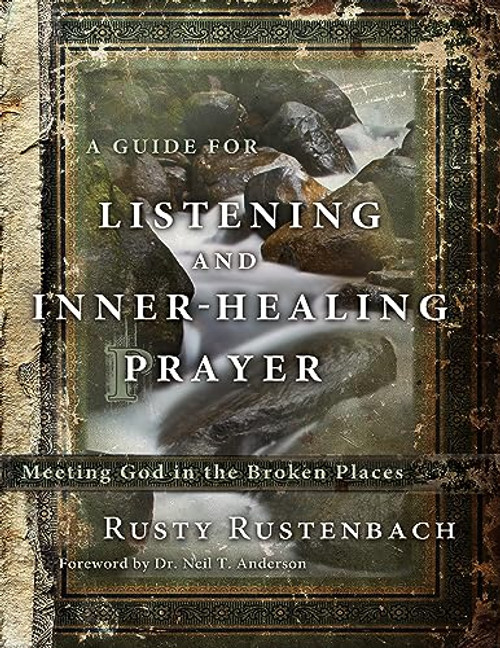Houses of Healing: A Prisoners Guide to Inner Power and Freedom is a groundbreaking book (available in both English and Spanish) for prisoner healing and (re)habilitation. Houses of Healing deals directly with root causes of crime, violence, and addiction and offers a practical approach to emotional growth that speaks specifically to the challenges facing incarcerated men and women.
Having worked with hundreds of inmates in Massachusetts prisons for over eight years, author Robin Casarjian, a veteran teacher and counselor, developed the emotional literacy curriculum/ program presented in Houses of Healing.
From the outset of her work in prisons, it was clear to Ms. Casarjian that until prisoners were able to heal issues that were, for many, at the root of their criminal and addictive behavior, they would be unable to extract themselves successfully from the criminal justice system. It was also obvious that resources for prisoner rehabilitation were sorely needed.
In 1992, she founded The Lionheart Foundation for the purpose of making her emotional literacy curriculum/program available to prisoners around the country. To achieve this goal, in 1995 the Lionheart Foundation funded the publication and free distribution of Houses of Healing: A Prisoners Guide to Inner Power and Freedom. This project, called the National Emotional Literacy Project for Prisoners [link], continues to expand today.
How It Works
Houses of Healing offers an in-depth program in emotional habilitation and personal growth as well as the consistent encouragement needed to engage successfully in this challenging and demanding process. The author draws the reader in by speaking clearly and directly to the situations and feelings that most all incarcerated men and women struggle with. Numerous firsthand accounts of prisoners who have worked the program are interspersed throughout the book.
In Houses of Healing, prisoners learn how to confront issues such as childhood wounding, grieving, managing anger, facing the impact of crime, and taking ultimate responsibility for themselves and their actions. The program offers guidance in stress management techniques and healthy, practical coping strategies. It addresses, in depth, the necessity of self-forgiveness and forgiveness of others subjects that are often overlooked and misunderstood despite the fact that they are essential to the cultivation of empathy and emotional and spiritual maturity.
Guiding prisoners toward a restored sense of self in a context of respect, encouragement, and inspiration, Houses of Healing combines essential tools for change with a deep understanding of the challenges facing the offender population.
Houses of Healing: A Prisoners Guide to Inner Power and Freedom can be used, as thousands are using it today, independently or in group courses in many settings and formats. Prisoners use the book for self-study over months and even years. Counselors and chaplains use Houses of Healing to complement their treatment programs and/or create entirely new programs. Houses of Healing courses are led by mental health and substance abuse counselors, chaplains, volunteers, and even prisoners. (For additional guidance or assistance, they often use The Houses of Healing Training Manual and the Houses of Healing Educational and Training Video Series.)











